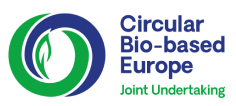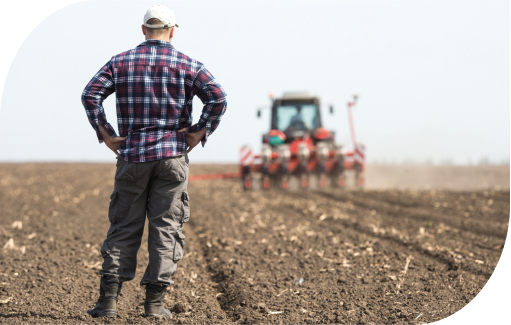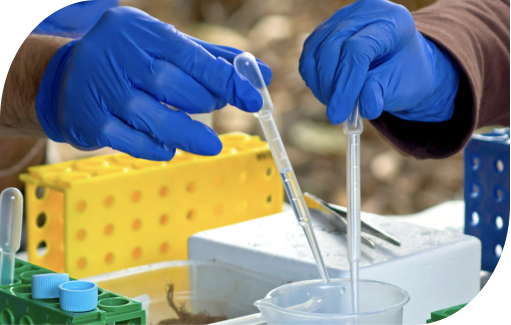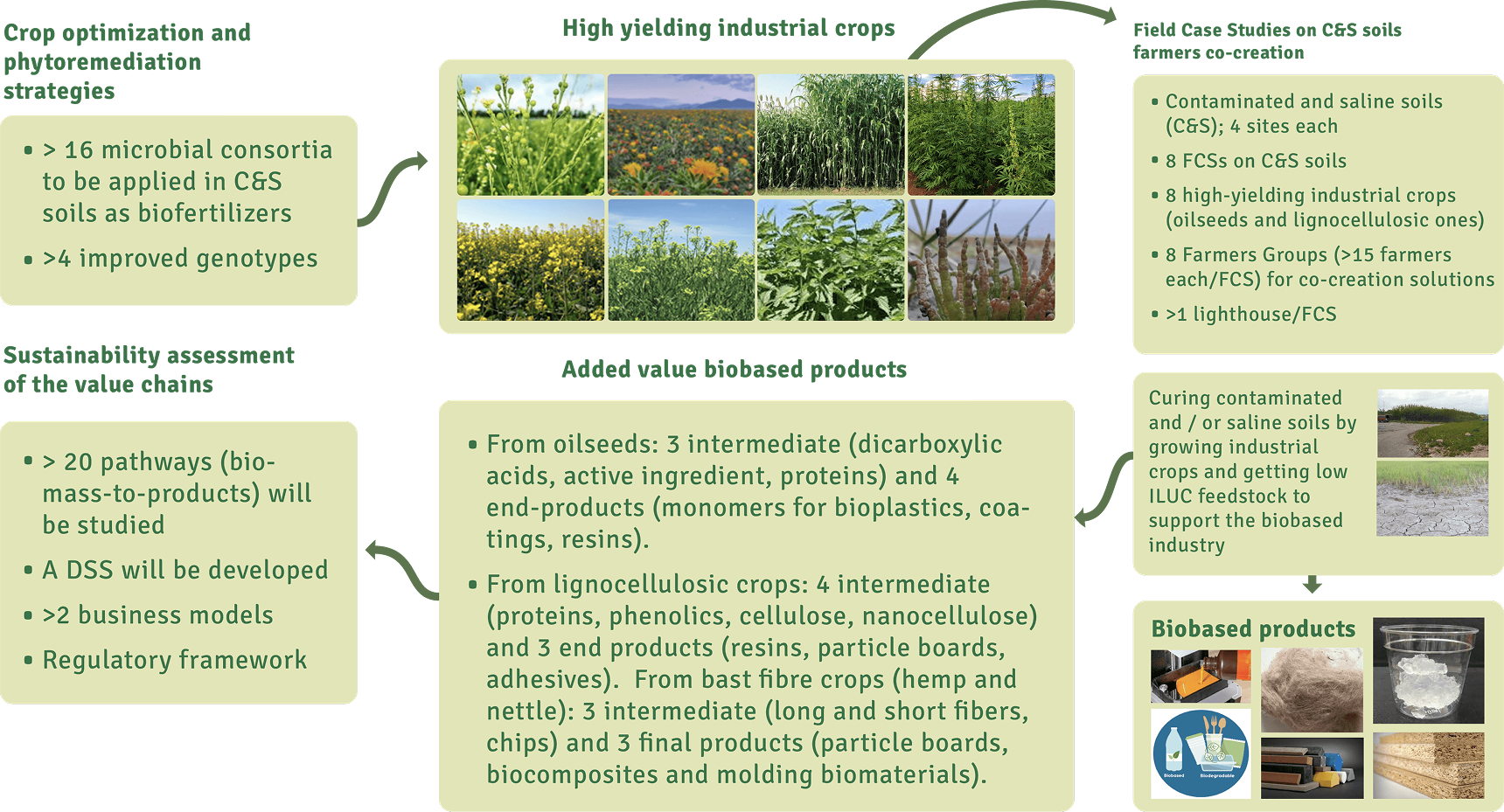About
IASIS – Curing contaminated and saline land with Industrial crops and producing biomass for high-value applications, is a Research and Innovation Action co-funded by the European Union’s Horizon Europe Programme under Grant Agreement 101157430. The project is supported by the Circular Bio-based Europe Joint Undertaking and its members, it started on 1st October 2024 and will run through September 2028.
START DATE
1 November 2024
END DATE
31 October 2028
BUDGET
4.99 M€



Healing the land and empowering farmers
IASIS project draws inspiration from Greek mythology: Iasis was one of the nymphs whose spring waters were believed to cure diseases, and in modern Greek language iasis still means cure or remedy. True to its name, the proejct
seeks to provide solutions for curing contaminated and saline land through phytomanagement, using selected high-yielding, non-food (industrial) crops. These crops will provide biomass feedstock to develop economically viable bio-based value chains of intermediate and end products, using a cascading biorefinery approach.
The project is based on two pillars

1
Lighthouses
Setting up “lighthouses” with cultivations of selected high-yielding industrial crops on a wide range of contaminated and/or saline sites.
The project demonstrates, tests and validates innovative phytomanagement solutions on-site, It also provides training and the farming community and other stakeholders to adopt and replicate this approach in other sites across Europe.

2
Bio-based products
Developing high-value bio-based products (intermediate and end products) from selected high-yielding industrial crops. IASIS will also develop a Decision Support System (DSS) to assess the possible biomass-to-product pathways and identify the most promising ones in terms of economic viability and sustainability.
Key elements of IASIS

Partners
The IASIS project is a collaborative effort involving 17 partners (including 1 associated partner) from 7 EU countries, encompassing a diverse range of expertise and sectors. These partners include 1 bio-based industry leader, 6 SMEs, 1 farmer’s advisory, 9 universities, 1 research organisation. This collaborative consortium leverages synergies with past and ongoing research projects, capitalising on existing knowledge and resources to achieve its goals
